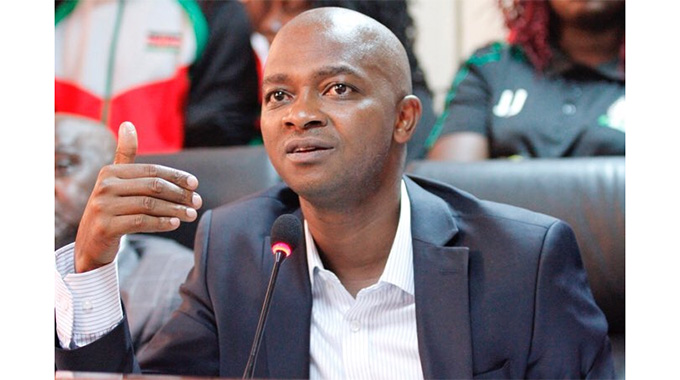Car plant to assemble Hyundai Excel vehicles commissioned
The Herald, October 27, 1994
QUEST Motor Manufacturing (Pvt) Limited yesterday commissioned a $58 million assembly line in Mutare to assemble Hyundai Excel vehicles, which has also seen the creation of about 200 new jobs.
The commissioning coincided with the unveiling of Hyundai Excel model assembled at Quest’s Mutare plant.
The project follows a joint venture agreement between the Zimbabwean company and Hyundai Motor Company of South Korea, the Asian country’s largest motor manufacturer.
Vehicles from the plant will be distributed by Hyundai Motor Distributors, exclusive franchise holders for the Hyundai in the country.
With the production of the new vehicle in Mutare, prices will be slashed by more than 20 percent. Senior marketing executive for Hyundai Motor Distributors of Zimbabwe, Mr Neville Frost said prices of the vehicles had been substantially reduced.
A 1,3 litre sedan produced at the plant will be sold for $109 500, a saving of more than 20 percent compared to the imported vehicle. A 1,5 litre sedan will now cost $149 500.
Production of the Hyundai Excel at the Mutare plant is expected to earn the country millions of dollars in forex from exports. Targeted markets are the Common Market for East and Southern African countries.
Currently, 200 vehicles are being produced from the Hyundai assembly line. Since launching the Hyundai on the local market, over, 1 000 cars have been sold. Sales of 2 000 units are expected for 1995, Mr Frost said.
LESSONS FOR TODAY
The automobile industry is a capital and knowledge-intensive industry, that plays an important role in the country’s socio-economic development.
In the modern age, the development of the economy of any country cannot be imagined without the development of the automobile industry.
The automotive industry contributes to the expansion of the taxable base and revenue of the state budget, develops auxiliary branches, influences research and development, and leads to scientific and technical progress.
The car industry in developing countries may start to produce vehicles that can compete domestically perhaps even globally.
If the absence of a manufacturing plant can be somehow accepted, there is no reason for reconciling with non-existence of a few full-fledged assembling plants.
Today, there are more South Korean products sold in Zimbabwe, and Kia vehicles from Kia Corporation owned by Hyundai Motor Group are quite popular with consumers.
There are various models from different countries competing on the streets of Harare. The majority are imported second-hand vehicles which are not green-sensitive.










Comments